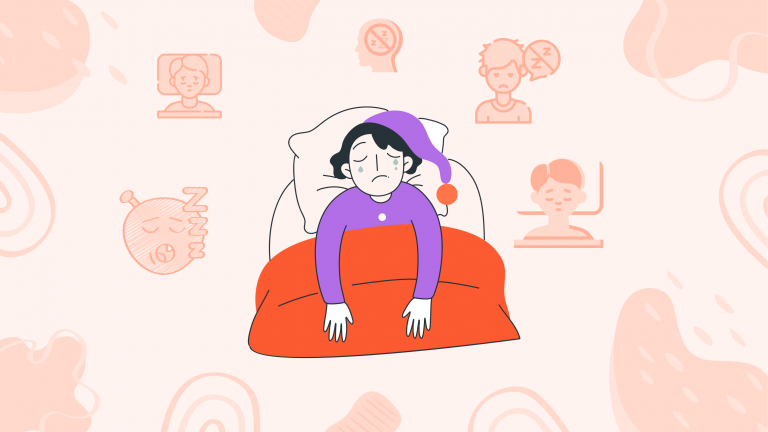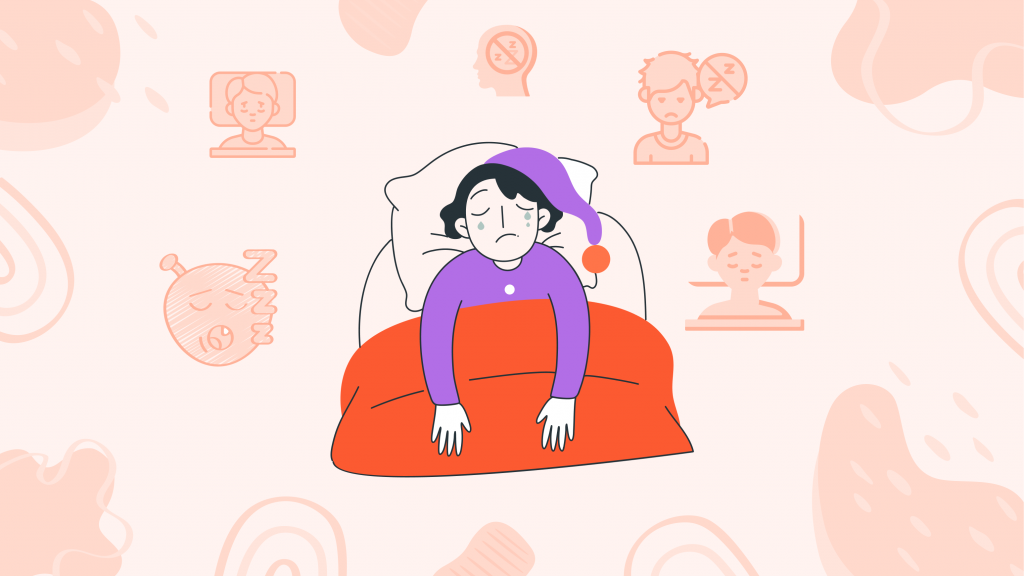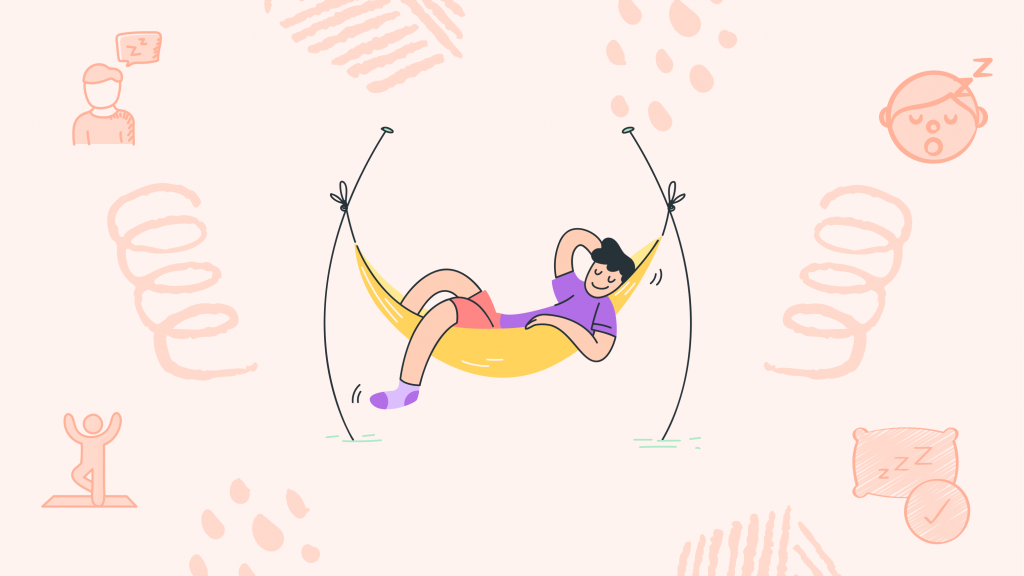Battle of Night’s Restlessness
Oh, the Twilight Toss! Sounds like a dance move, but it’s really the nightly battle we face with our pillows, isn’t it?
In today’s non-stop world, snagging some quality shut-eye feels like a quest worthy of a knight, with so many of us jousting with the bed linens instead of drifting into dreamland. And it’s not just a nighttime saga; the effects of this restless jive follow us into the day, draining our energy, dunking our productivity, and playing ping-pong with our mood.
It’s like we’re all part of this big, sleepy club, nodding off in the daylight and wide awake when the stars are out. This shift to sleepless nights and zombie-like days seems to be the new norm, doesn’t it? Making us wonder, when did catching Zs become such a Herculean feat?
Decoding the Sleep’s Complex Web
At night, our brains are anything but inactive. Sleep involves a complex interplay of neurochemical and physiological processes that, when disrupted, lead to poor sleep quality. Neurotransmitters like melatonin and GABA play key roles; melatonin signals the brain it’s time to sleep, while GABA helps calm neural activity, facilitating rest.
Disruptions in these or other systems—due to stress, lifestyle, or health issues—can hinder the sleep process, leading to insomnia or unrefreshing sleep. The result is a tired mind and body, struggling to function under the strain of sleep deprivation.
Diving deeper into the nocturnal neurochemical ballet, there’s also the role of the sleep-wake cycle, regulated by the circadian rhythm, which acts like the brain’s clock, dictating when to hit the lights and when to power down.
This rhythm is influenced by external cues like light and temperature, making our modern habits of late-night screen time and irregular schedules potential thieves of slumber. Additionally, during sleep, our brain cycles through various stages, including REM (rapid eye movement) and deep sleep, each vital for different restorative processes like memory consolidation and physical recovery.
When these cycles are interrupted or cut short, it’s not just a matter of feeling a bit groggy; our cognitive functions, mood regulation, and even immune system can bear the brunt of this disruption. Hence, the quest for quality sleep is not just about quantity but ensuring these cycles are completed and the brain’s intricate symphony of chemical signals is harmoniously conducted.
Subscribe to newsletter
Get your Gut Health Starter Guide right now.
Elevate your Tuesdays with practical, science-backed wisdom propelling you forward on your gut health journey.

Strategies for Peaceful Nights
- Regular Rhythms: Establish and maintain a consistent sleep schedule, even on weekends, to regulate your internal clock.
- Sleep Sanctuary: Create a bedroom environment conducive to sleep: cool, quiet, and dark, with comfortable bedding.
- Mindful Habits: Avoid caffeine, nicotine, and heavy meals close to bedtime. Instead, wind down with relaxing activities like reading or taking a warm bath.
- Screen Detox: Limit exposure to screens and blue light before bed, as they can disrupt melatonin production and sleep onset.
- Stay Active: Regular physical activity can promote better sleep, but avoid vigorous exercise close to bedtime.
A Journey to Better Sleep
Laura’s story exemplifies the transformative power of prioritizing sleep. As a graphic designer, late nights were the norm for her, leading to a reliance on caffeine and erratic sleep hours. “It was a vicious cycle; poor sleep led to more coffee and even worse sleep,” Laura recalls. After suffering from constant fatigue and decreased creativity, she took action, setting a strict bedtime and morning routine, and transforming her bedroom into a sleep-friendly zone.
“I started feeling more rested after just a few days. My work improved, and I had energy for exercise and hobbies,” Laura shares. Her commitment to better sleep hygiene paid off, not only improving her sleep quality but also enhancing her overall well-being and productivity.


















